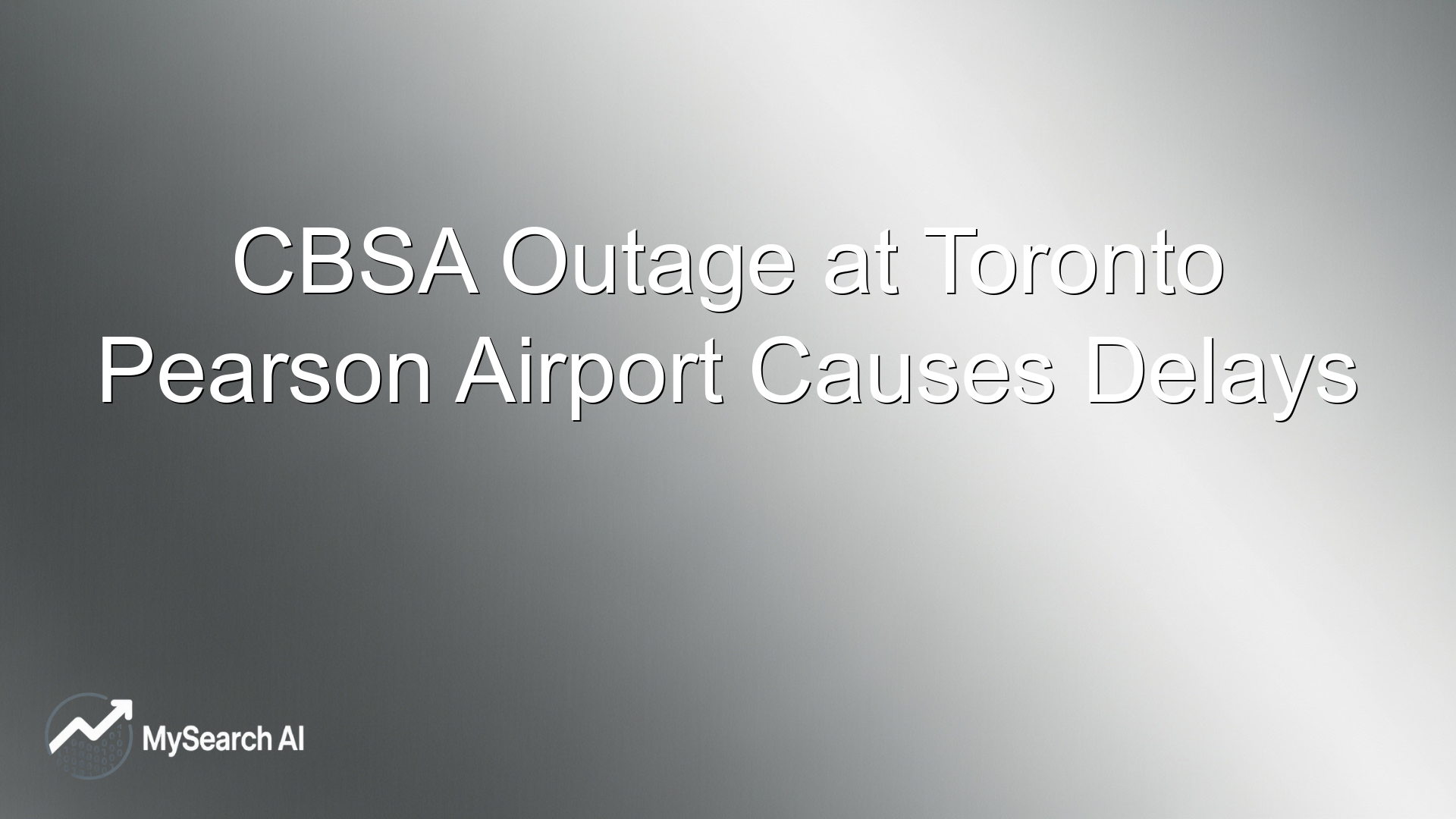Related Articles
Ask anything about stocks
Hamburg Airport News Today: Kerosene Shortage Disrupts Flights
The kerosene shortage at Hamburg Airport has hit headlines today, causing a ripple effect of delays and potential cancellations. This disruption stems from unexpected delivery issues at the Heide refinery, affecting fuel supply significantly. Such challenges highlight the vulnerability of logistics in the aviation sector and underline the importance of efficient supply chain management. Passengers and airlines alike are frantically checking flight statuses to mitigate the impact of this shortage. The situation underscores the need for resilience planning in airport operations worldwide.
Supply Chain Challenges Fuel Disruption
Kerosene is a critical component for the aviation industry, with airports heavily reliant on steady supply chains. The current shortage at Hamburg Airport illustrates how a single point of failure, such as delivery issues from Heide refinery, can lead to significant operational challenges. This illustrates how the aviation sector’s dependency on fuel supply stability can impact travel schedules and passenger plans. The interruption emphasizes the importance of having contingency plans. Airports and airlines must assess their fuel management strategies to ensure minimal disruptions in similar future scenarios. As operations are throttled due to fuel supply issues, ensuring resilience against supply chain disruptions becomes paramount for airports.
Impact on Flights and Passengers
The immediate consequence of the kerosene shortfall at Hamburg Airport is the potential for flight cancellations and delays. Airlines have issued notices to passengers to stay updated on their flight statuses, underlining the extent of current disruptions. For travelers, this translates into increased uncertainty and inconvenience as they navigate their travel plans amid fluctuating schedules. Authorities at Hamburg Airport are working relentlessly to manage the situation, prioritizing flights based on critical travel needs. To handle the kerosene shortage, strategic flight scheduling is being used, allowing vital flights to operate. This response is crucial for maintaining essential services while mitigating the impact on passengers.
The Broader Implications for Air Travel
This kerosene supply issue serves as a stark reminder of the vulnerabilities in air travel logistics. With increases in global travel, airports need to bolster their supply chain resilience. This event is a call for the aviation industry to explore alternative fuels and innovations to reduce dependency on traditional fuel supply lines. The incident at Hamburg may prompt airports worldwide to revisit their emergency fuel supply strategies. Infrastructure investments and collaborations with multiple supply sources will become increasingly necessary to avoid single-point failures. The focus on sustainability and alternative solutions is vital not only for operational security but also for aligning with global environmental goals. For insights on how such disruptions might affect future air travel trends, follow this post on Twitter.
Final Thoughts
The kerosene shortage at Hamburg Airport is a cautionary tale about the fragile logistics underpinning the aviation industry. Passengers facing flight cancellations and delays underscore the need for robust contingency plans. Airports must invest in operational resilience and explore alternatives to ensure continuity. This situation could steer greater focus towards sustainable fuel solutions, reducing dependency on traditional supply lines. As the industry navigates these challenges, platforms like Meyka can offer predictive analytics and real-time insights to empower decision-making. Their AI-driven tools can help airlines and airports anticipate disruptions better and optimize their operations. Looking ahead, the lessons learned from Hamburg’s kerosene shortage may well shape the future of how the aviation sector prepares for unforeseen challenges. Stay informed on developments and reactions. For the latest updates, visit trusted sources like FLZ.de. Embrace these insights to better navigate potential future disruptions and enhance travel experiences.
FAQs
What caused the kerosene shortage at Hamburg Airport?
The shortage was caused by delivery issues from the Heide refinery, disrupting the kerosene supply needed for flights at Hamburg Airport. This highlights the dependency on reliable fuel logistics.
How are airlines dealing with the fuel shortage?
Airlines are advising passengers to check flight statuses frequently. Prioritizing flight schedules is a key strategy being employed to manage the limited fuel resources effectively.
What should passengers do amid these disruptions?
Passengers should continuously monitor flight updates and be prepared for potential delays. Checking with airlines and airports for the latest advisories can help adjust travel plans accordingly.
Could this lead to changes in fuel sourcing strategies?
Yes, this situation may encourage airports to diversify their fuel supply sources and invest in alternative fuels to reduce dependency on single supply lines, ensuring greater operational resilience.
Disclaimer:
This is for information only, not financial advice. Always do your research.



